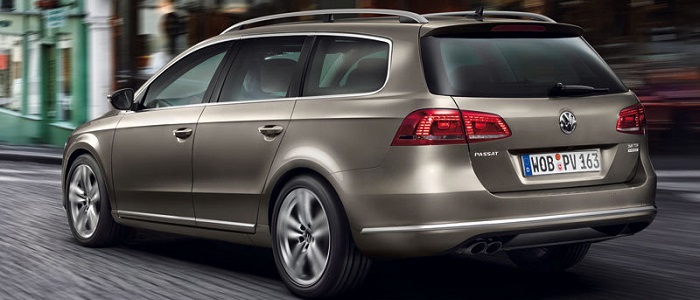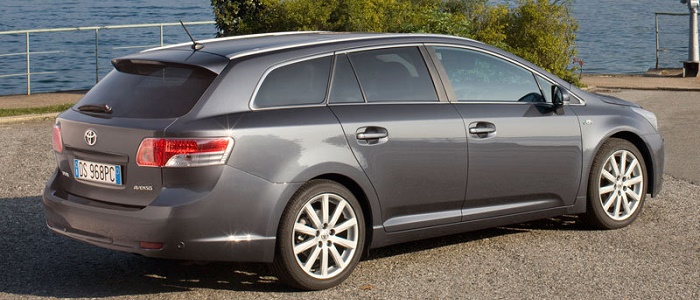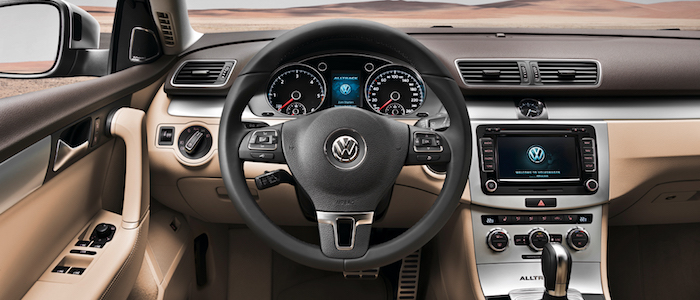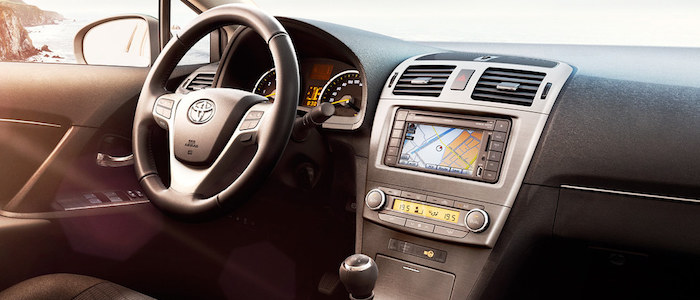Compare two cars
Compare any two cars and get our Virtual Adviser™ opinion
Dimensons & Outlines
Check vehicle history
Engine
Performance (manual gearbox)
Performance (automatic gearbox)
Expenses
Virtual Adviser's™ opinion
Two significantly similar cars, no doubt about that. Still, each one has something different to offer. Having both cars powered by petrol engines and utilizing the 5-door wagon body style within the same 'Large family car' segment, the only major difference here really is their wheel drive configuration (4 x 4 for the Volkswagen and front in the case of the Toyota). The first one has a Volkswagen-engineered powertrain under the hood, a 6-cylinder, 24-valves 300hp unit, while the other one gets its power and torque from a 4-cylinder, 16-valves 152hp engine designed by Toyota.
SafetyThe first thing to look into here would be the results from European New Car Assessment Programme (Euro NCAP) tests performed on the two cars. Good thing is that both vehicles got tested, with the same number of safety stars gained in the process. That aside, let's consider some other aspects which affect safety. Both vehicles belong to the large family car segment, which is generally a good thing safety-wise, but that fact doesn't break the tie between the two cars.
ReliabilityReliability is not the best thing to consider on the make level, but it is worth mentioning that Toyota does have a slight advantage, at least on all of the models level. These are the official statistics, while our visitors describe reliability of Volkswagen with an average rating of 4.2, and models under the Toyota badge with 4.6 out of 5. Some independent research have also placed Passat as average reliability-wise, and Avensis is more or less at the same level.That apart, owners of different cars powered by the same engine as the German car rank it on average as 4.7, while the one under the competitor's bonnet gets 4.0 out of 5.
Performance & Fuel economyVolkswagen is way more agile, reaching 100km/h in 4 seconds less than its competitor. In addition to that it accelerates all the way to 250 kilometers per hour, 50km/h more than the other car. When it comes to fuel economy an obvious choice would be the Japanese car, averaging around 6.6 liters of fuel per 100 kilometers (43 mpg), in combined cycle. That's 41% difference compared to the German car!
Verdict
Toyota appears just a bit more reliable, although the difference is truly marginal. The most important thing when deciding between any two vehicles should always be safety, both passive and active. In this case though, it seems that both cars show similar levels of passenger protection all together, so that won't break a tie. But one thing that actually could is the performance, with Volkswagen outracing its opponent in any situation possible, making it better choice for boy racers. It does come at a cost though, and that's the fuel consumption... At the end, as much as I'd like to give you a winner here, it's simply a pure tie if you ask me. Anyway, that's the most objective conclusion I could've came up with and it's based solely on the information found on this website. Aspects such as design, practicality, brand value and driving experience are there for you to measure them out. In case you have two minutes to spare I invite you to define your needs, desires and budget and see which car would be chosen by the virtual adviser™, out of 12.000+ vehicles we currently have in our database.
































